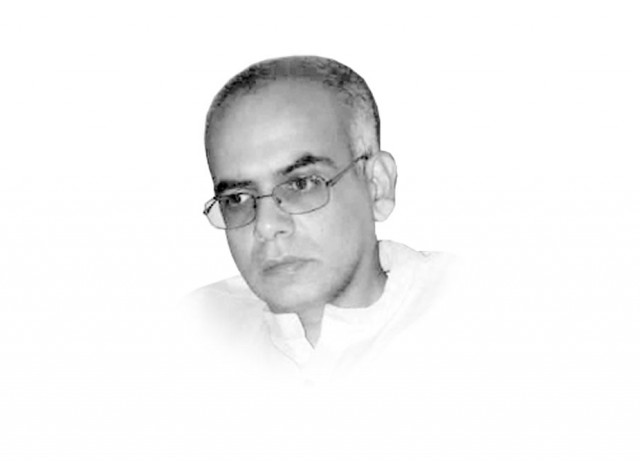Pakistan’s rape problem
It is the certainty of punishment, rather than its severity, which can more effectively deter rape

There is no denying that Pakistan is an unfair and dangerous place for women. There is a plethora of international and national metrics which validate this unfortunate assertion. Women and girls in the country are at a disadvantage in almost all spheres of life, ranging from socio-economic and political marginalisation to lack of access to health and education opportunities. The World Economic Forum has ranked Pakistan as the second-worst country in terms of gender parity. Perhaps it is due to this prevalent gender disparity that Pakistani females are highly vulnerable to physical and sexual violence.
Widespread domestic violence and more extreme cases of gender-based violence, including acid attacks and honour killings, and varied extents of sexual harassment and sexual assault are serious problems in the country. Victims of such harassment and violence are often hesitant to come forward due to the prevalent culture of victim-blaming.
In recent years, there have been growing reports of horrific instances of rape in different parts of the world, including South Asia. These perturbing incidents have prompted evident outrage and growing demands for justice. Bangladesh introduced the death penalty for rape in late 2020, while in India and Pakistan there have been calls for public hanging and castration of rapists.
Many countries around the world allow for forcible chemical castration of sex offenders and child molesters. In late 2021, Pakistan also introduced a clause within a new anti-rape law allowing for chemical castration for reoffending rapists. However, this clause was revoked soon thereafter on the grounds of being considered un-Islamic. Whilst the new anti-rape law still stands, the castration punishment for rape has been repealed.
Forced chemical castration is considered a form of cruelty, torture and inhuman punishment under international human rights laws. While proponents of capital punishment or castration in rape cases believe that such drastic punishments would help deter rape, there is lack of evidence to support this belief. Instead, there is a plethora of data demonstrating that it is instead the certainty of punishment, rather than its severity, which deters crimes such as rape. Yet, victims of sexual violence are often unable to access justice due to stigma, the fear of reprisals, and other entrenched gender stereotypes. Institutional impediments such as the lack of police and judicial training, and the lack of protection for rape victims, are other hurdles in terms of deterring rape.
Legal changes in Pakistan by the Zia regime placed rape in the same category of offences as fornication and adultery. Rape cases in Pakistan have typically taken years to prosecute, and conviction rates have also been dismal. According to some estimates fewer than 4% of rape or sexual assault cases in Pakistan result in prosecution; other estimates place this conviction rate as being much lower. In 2020, the UNDP also ranked Pakistan on top among the 75 countries with an anti-women bias in courts.
The anti-rape law introduced in 2021 aimed to adopt a comprehensive approach to prevent rape. It forbade use of invasive virginity tests during rape examinations, which have no scientific basis. The new law allowed for speedier convictions and severer sentences for perpetrators, which still includes the death penalty for gang rapes. The legislation also required establishment of special courts across Pakistan to try rape cases in secrecy and create a nationwide register of sex offenders.
Yet, implementation of this new law remains lackluster. A woman is still being raped in Pakistan every two hours, according to a recent survey conducted by a private TV channel’s investigation unit using data from government sources. The actual incidents of rape are probably much higher given that rape is significantly underreported.
Clearly, Pakistan still has a long way to go in terms of implementing its ambitious new anti-rape law, and in terms of addressing deep-rooted structural biases which make women and girls so vulnerable in our society.
Published in The Express Tribune, December 2nd, 2022.
Like Opinion & Editorial on Facebook, follow @ETOpEd on Twitter to receive all updates on all our daily pieces.















COMMENTS
Comments are moderated and generally will be posted if they are on-topic and not abusive.
For more information, please see our Comments FAQ